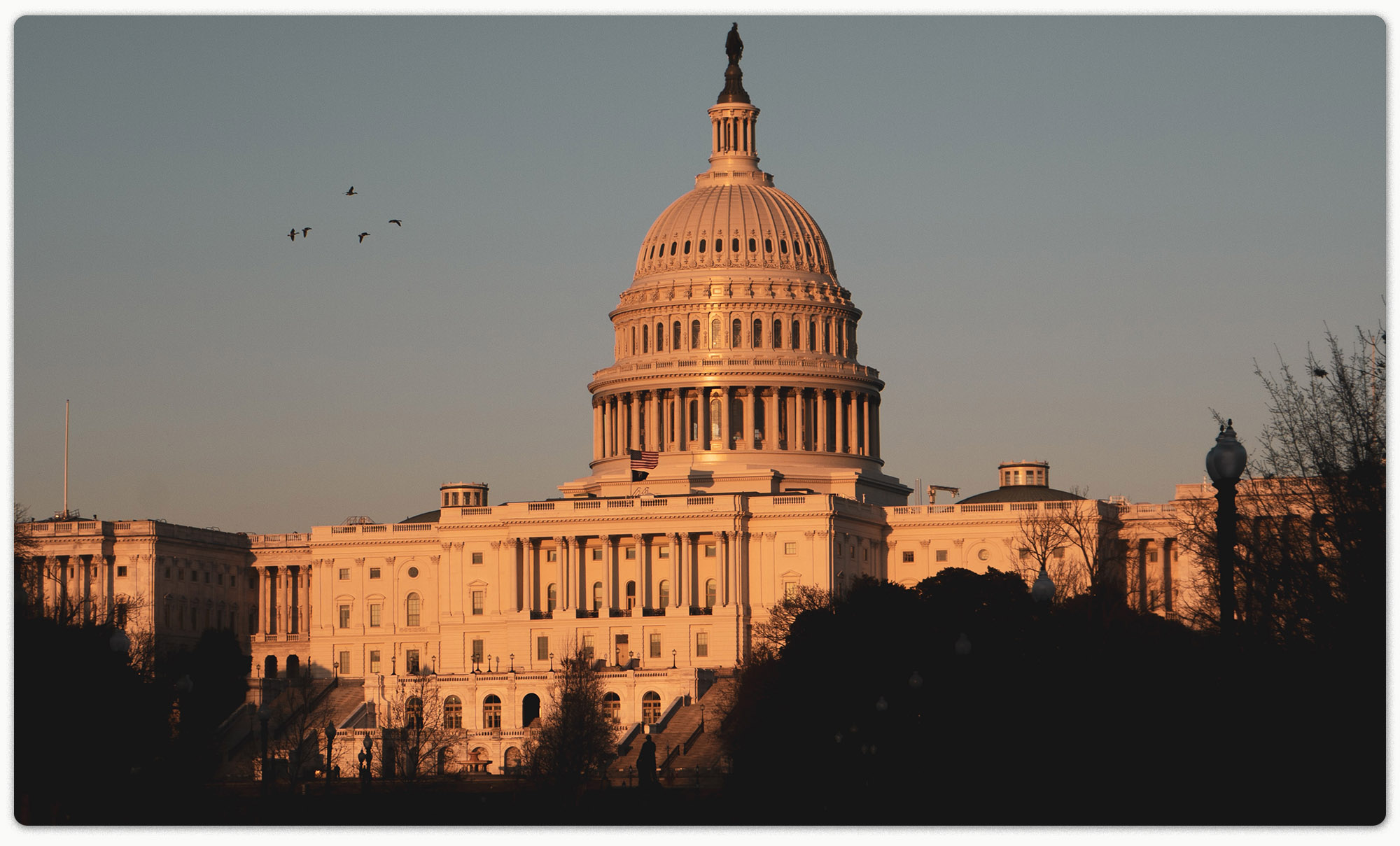Last week, during the U.S.-led Summit for Democracy, the Biden administration released a new anti-corruption strategy, which the WSJ reported “contains dozens of initiatives, including reforms such as broadening anti-money-laundering regulations beyond the banking industry and criminalizing bribes of American companies by foreign officials.” In describing many of the measures included in the government’s holistic strategy to combat corruption, Secretary Yellen of the U.S. Treasury highlighted exposing shell companies as “one crucial measure,” which will be achieved, in part, by FinCEN’s proposed regulations, announced last week, as it seeks to implement the beneficial ownership information reporting provisions of the Corporate Transparency Act (CTA).
As part of the CTA, passed by the U.S. Congress in January, FinCEN was required “to create a centralized database containing information about the owners of limited liability companies and other corporate entities,” which took shape last week as FinCEN issued its first set of draft regulations for the new database, the Beneficial Ownership Secure System, aptly acronym[ed] BOSS. Yet, while beneficial ownership initiative is certainly a step forward, it still leaves a lot to be desired. For one, it won’t be a publicly accessible registry, and another “potential problem that has already been called out by the banking industry is that financial institutions will need to obtain permission of the individual or corporation being researched before gaining access.” Furthermore, under the proposed rule, a “total of 23 types of entities would be exempt from the definition of ‘reporting company’,” including pooled investment vehicles despite recent calls to address shortcomings in the private investment industry. Nonetheless, the move represents “a seismic shift” as the U.S. joins more than 80 jurisdictions that mandate disclosure of beneficial ownership information to the government. With Secretary Yellen’s remarking at the summit that the U.S. may be the best place to launder dirty money, the proposed regulations will at least make it slightly less attractive as we collectively push forward in the fight against illicit finance.
This week, the global anti-corruption watchdog Transparency International (TI) released its annual Corruption Perceptions Index (CPI), a highly...

Last week, FinCEN, the U.S. Treasury’s anti-money-laundering (AML) unit, “warned financial institutions against efforts by kleptocratic regimes and...

This week, the U.S. Treasury’s Financial Crimes Enforcement Network (FinCEN) released the inaugural national strategic anti-money laundering (AML)...
